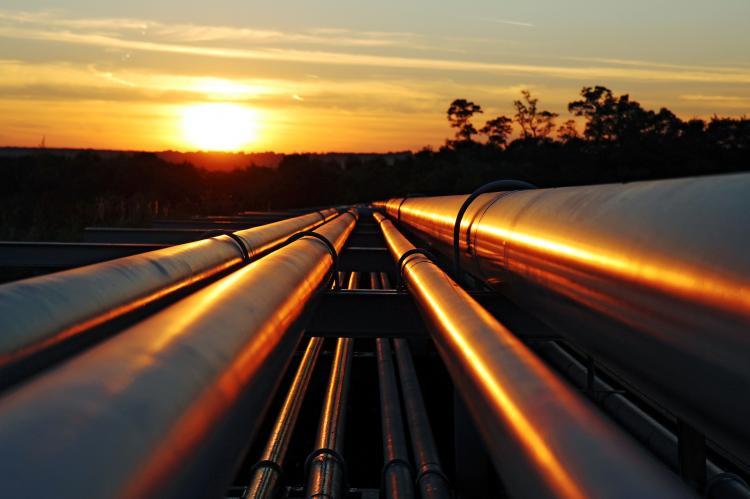Renewed Interest in Transporting African Natural Gas with Pipelines

Several sub-Saharan countries in Africa -- the planet's second largest continent, home to over 600 million people and proven gas reserves of nearly 500 trillion cubic feet -- are considering a number of big ticket pipeline construction projects.
Driving the interest is a growing middle class population, urbanization and increased household consumption, which in turn is related to power consumption / generation.
Nigeria, Kenya, Tanzania, Mozambique and South Africa are all in various stages of pipeline planning and/or construction projects:
Tanzania and Kenya are constructing a 558-km gas pipeline from the commercial capital of Dar es Salaam to Tanga (both in Tanzania) and on to Kenya’s coastal city of Mombasa. The project, which will be completed between the gas fields of Mnazi Bay in Mtwara to Kinyerezi in Dar es Salaam under a contract by China Petroleum Technology and Development Corp., will meet estimated gas demand in the two countries of 50 MMscfd. This demand is projected to rise to 150 MMscfd by 2035;
In Southern Africa, a joint ventrure agreement has been signed for the construction of the $6 billion African Renaissance Pipeline Project. The conduit will transport gas from Mozambique to South Africa. The agreement was signed on April 22, 2016 between Mozambique oil and gas company Empresa Nacional de Hidrocarbonetos, a private-sector consortium, Profin Consulting Sociedade Anónima, South Africa’s SacOil Holdings Ltd. and Chinese international pipeline construction company China Petroleum Pipeline Bureau.
The 2,600-km, large-diameter main pipeline will link Rovuma Basin gas fields in northern Mozambique to South Africa’s industrial region of Gauteng. It will also deliver gas to towns along the pipeline route, stimulating industrial demand.
SacOil’s CEO, Thabo Kgogo, noted that new gas pipeline projects will enable both South Africa and Mozambique to increase the number of people with access to clean energy, while reducing oil import bills and achieving a lower carbon footprint in both countries. The African Renaissance Pipeline Project is also expected to boost the international competitiveness of southern African economies, create jobs and help improve living standards.
Giving pause to all pipeline projects in Africa is the implication of recurring pipeline vandalism. The disruption of gas pipelines in Nigeria by vandals and the inability of the government to prevent product theft and pipeline destruction has led African nations to consider alternatives to gas pipelines. It has also given credence to some analysts’ assertions that most countries in sub-Saharan Africa would prefer LNG imports to pipeline gas supplies.

